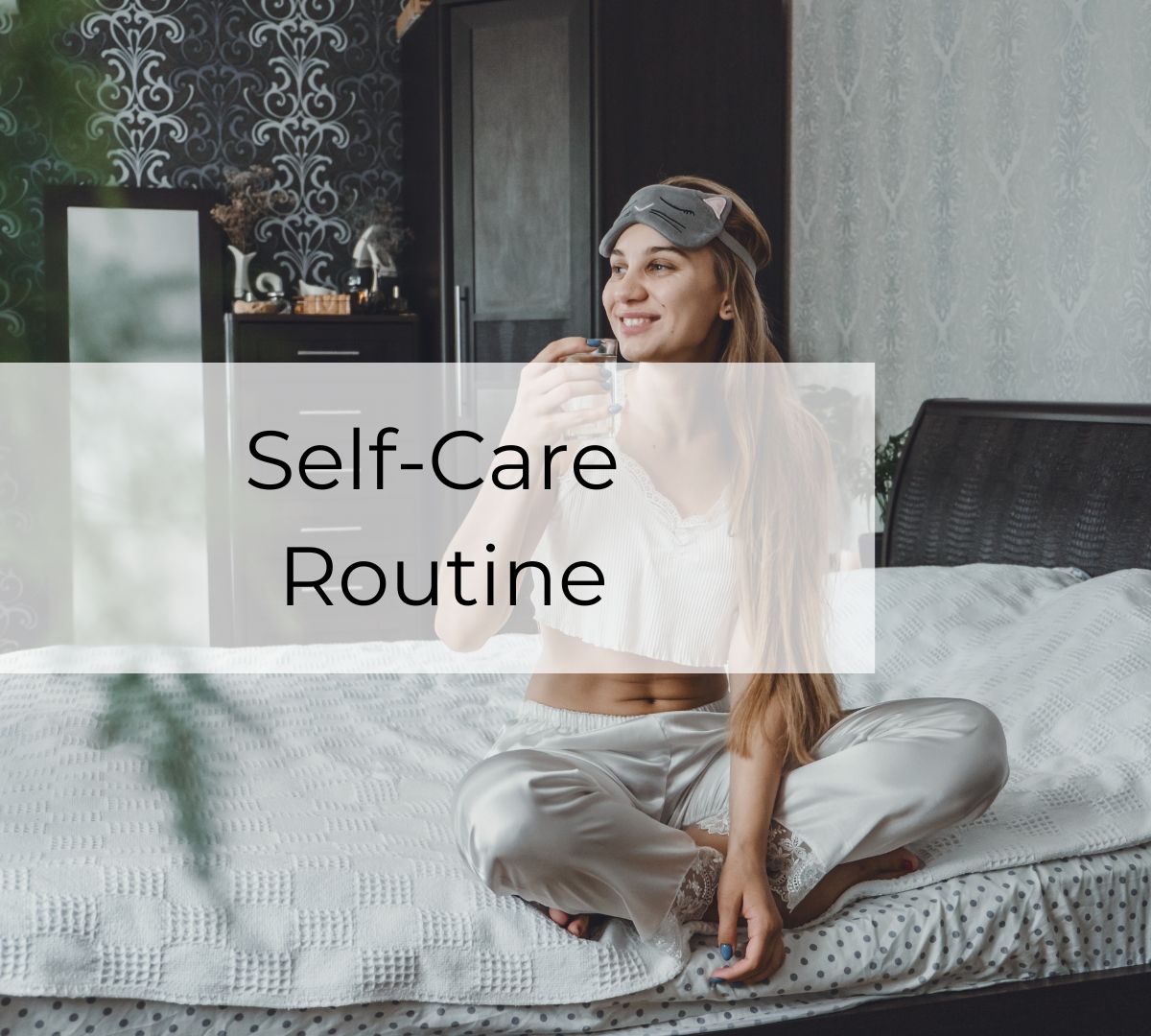Life is full of obligations, from work to family responsibilities, and these pressures can easily lead to stress. Amid the hustle and bustle, it’s essential to make time for yourself. Taking care of your mental and emotional health isn’t just important—it’s crucial. Unfortunately, many of us are so busy caring for others that we neglect ourselves, leading to burnout or even resentment. To maintain balance, it’s vital to create a self-care routine that supports your mental and emotional well-being.
Why Self-Care Matters
Self-care isn’t selfish; it’s an act of self-preservation. Honoring your needs and investing in your health makes you better equipped to handle life’s challenges. Incorporating self-care into your daily or weekly routine, whether it’s part of your morning rituals or a designated day for rejuvenation, is a proactive step towards better mental health.
Overcoming Self-Care Guilt
When you first begin practicing self-care, you might feel guilty. This feeling is natural, especially if you’re used to putting others before yourself. But self-care isn’t about neglecting others—it’s about ensuring you’re healthy enough to support those around you. Consider it similar to donning an oxygen mask first.
Caregivers, in particular, can benefit from self-care as it allows them to continue caring for others without depleting their emotional resources. If guilt becomes overwhelming, talking to a therapist can help you work through these feelings, allowing you to continue your self-care journey guilt-free.
What Fills Your Emotional Cup?
Self-care is deeply personal. One person’s solution might not be another’s. So, ask yourself: what makes you happy? Whether it’s writing in a gratitude journal, enjoying a night out with friends, meditating, or taking a bubble bath, identify activities that bring you joy.
You don’t need to spend hours on self-care or invest in expensive activities. Simple things like journaling, meeting a friend for coffee, or taking a brief walk can be just as fulfilling. The key is to find activities that fit your lifestyle and fill your emotional cup, leaving you recharged and ready to face the day.
Incorporating Self-Care Into Your Life
Once you’ve identified activities that bring you joy, it’s time to make them part of your routine. Whether you schedule time for self-care in your calendar or make it part of your daily habits, consistency is key. Self-care should be something you look forward to—a time when you can set aside stress and focus on what makes you feel good.
It’s important to choose flexible self-care activities that can adapt to your schedule. For example, if you enjoy walking, you can do it almost anywhere—around your neighborhood, in the park, or even during a quick break at work. Flexibility helps ensure your self-care routine remains sustainable in the long run.
Setting Goals for Your Self-Care Routine
To ensure that self-care becomes a lasting part of your life, set practical goals. Divide more ambitious goals into smaller, more doable tasks. For instance, if you want to incorporate exercise into your self-care routine, start with 30 minutes every other day. The type of exercise can vary, keeping the routine fresh and enjoyable.
Achieving these goals can be incredibly rewarding, but remember, self-care is not set in stone. Be willing to adjust your goals as needed, ensuring they continue to fit into your lifestyle.
Monitoring Your Progress and Moods
As you practice self-care, take time to reflect on how these activities impact your mental and emotional well-being. What emotions come up when you nurture yourself? Are there any barriers preventing you from fully engaging in self-care? Mindfulness can help you assess what aspects of your routine are working and which ones may need to be adjusted.
If you’re facing challenges incorporating self-care into your routine, consider discussing these barriers with a therapist. They can offer insights and help you overcome any psychological obstacles that may be hindering your progress.
Making Adjustments as Needed
Your self-care routine should evolve with your life. If a certain practice isn’t working for you, don’t be afraid to change it. Self-care is a process of trial and error. For instance, if meditating for an hour feels overwhelming, try scaling it back to 20 minutes. If your routine becomes stagnant, consider switching things up to keep it fresh and motivating.
To keep up a self-care routine that is sustainable, flexibility is essential. You may use your routine as a daily reminder to put your health first by posting it in a visible area, such your bathroom or bedroom.
Self-Care and Mental Health
Developing a self-care plan can significantly boost your mental health. Start with the essentials:
- Healthy Sleep Habits: Prioritize regular, restorative sleep. Good sleep improves brain function, energy levels, and even your immune system. It can also help manage mental health conditions like anxiety and depression.
- Manage Stress: Chronic stress can have long-term effects on your health. Manage it with activities like muscle relaxation, time in nature, and physical activity.
- Stay Connected: Positive human connections increase happiness and improve mental health. Make time to engage with loved ones, whether through a phone call, coffee date, or a shared hobby.
- Move Your Body: Exercise is a great way to relieve stress and improve your overall well-being. Whether it’s a daily walk, yoga, or a quick workout, staying active is a key part of self-care.
- Unplug from Technology: Set aside specific times to disconnect from screens and social media. You’ll have more room to breathe and recover as a result.
- Eat Healthy, Regular Meals: Good nutrition fuels both your body and mind. Balanced meals can boost your mood, energy, and concentration.
Talk About Self-Care in Therapy
If you’re struggling to prioritize self-care, therapy can be a great resource. A therapist can help you identify barriers to self-care and offer personalized strategies to incorporate it into your life. Getting expert assistance is a potent kind of self-care in and of itself.Remember, self-care looks different for everyone, and there’s no one-size-fits-all approach.
By developing a routine that works for you, you’ll be better equipped to handle life’s challenges while maintaining your mental and emotional health. Prioritizing self-care is an investment in your well-being—one that pays off in the long run.



